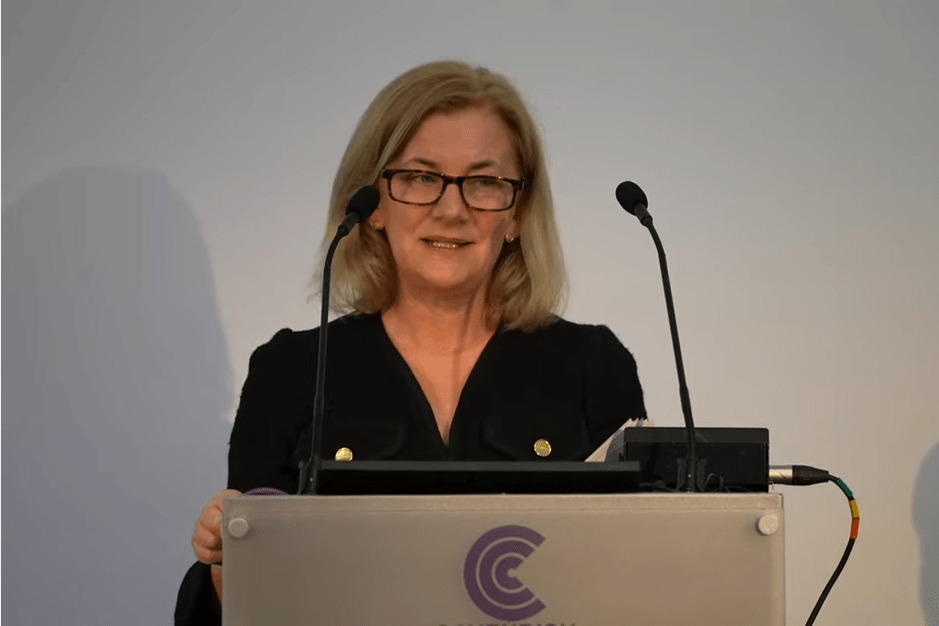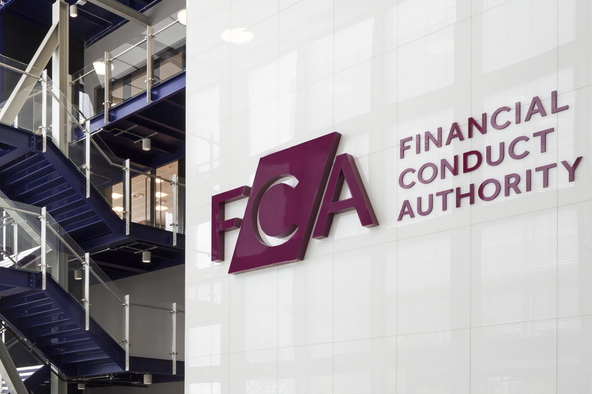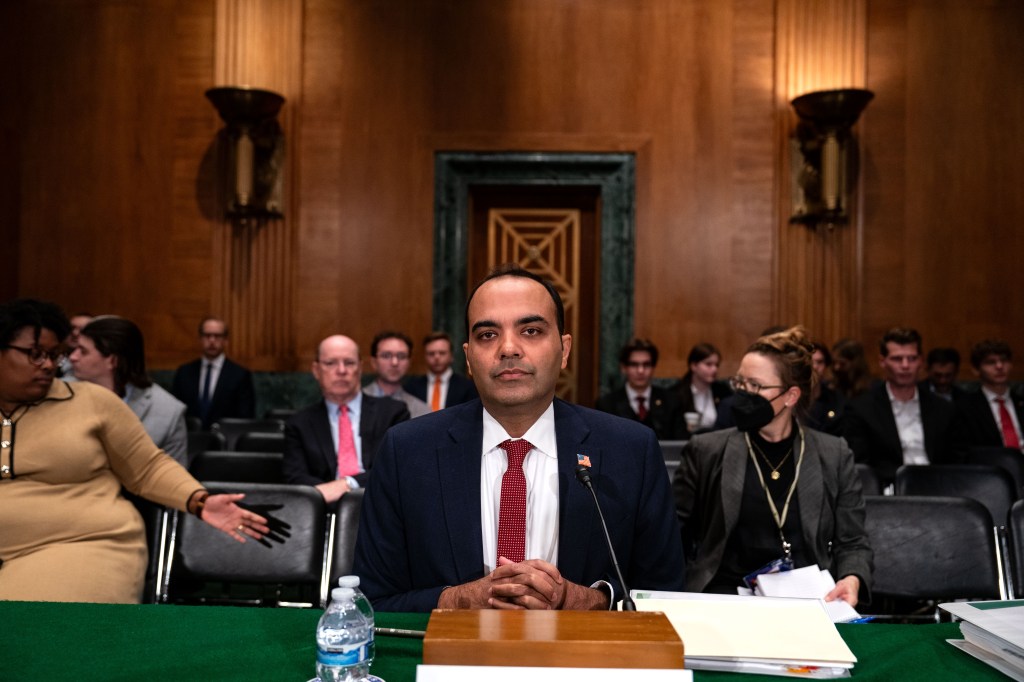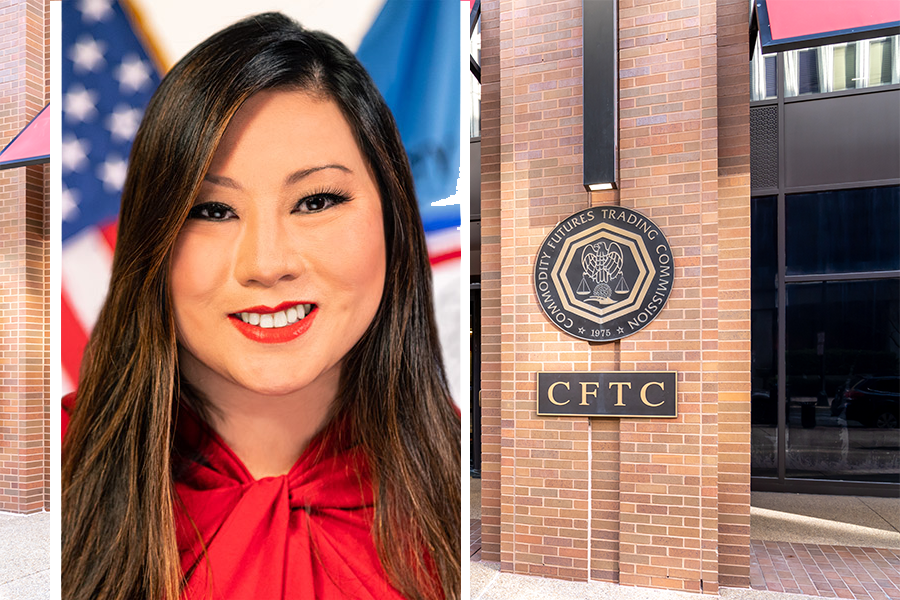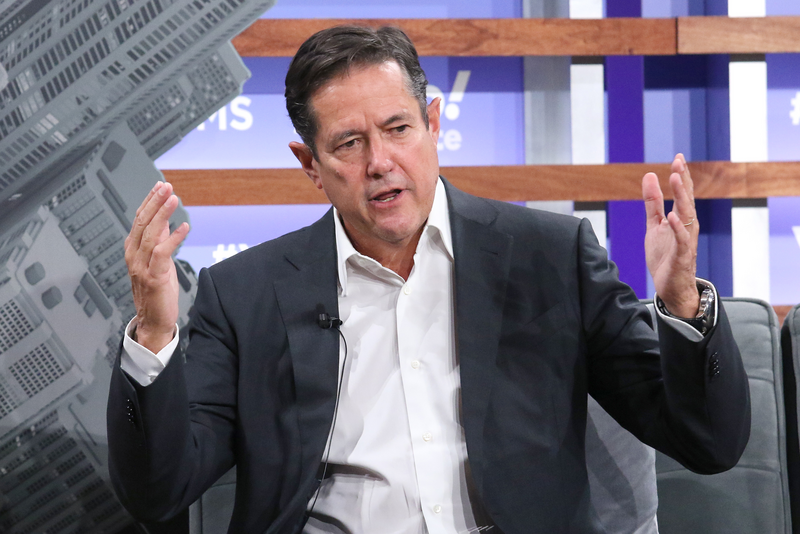The FCA’s decision to fine and ban Jes Staley, which he is appealing to the Upper Tribunal, may be the beginning of the end of this extended saga, though we must wait at least until the Tribunal has had its say before reaching definitive overall conclusions.
For now, however, there are a couple of aspects worth exploring:
- Possible reasons why this case is taking so long and what these might mean for the FCA’s enforcement function more broadly
- The fact that the PRA seems to have chosen to support the FCA action rather than take its own; which is odd, given that the two regulators double-teamed on Staley’s whistleblowing fine in 2018, and that the investigation into Staley’s relationship with Jeffrey Epstein started out as joint.
Why has it taken so long?
Various commentators have already pointed out that, by contrast, it has taken less than a year since the collapse of FTX for the criminal case to come to trial. The Staley case dates from October 2019, when Barclays sent the misleading letter to the FCA stating, among other things, that “[Mr Staley’s] last contact with Mr Epstein was well before he joined Barclays in 2015”. The investigation itself began in February 2020, when US regulators passed on a cache of emails provided by JPMorgan, Staley’s previous employer.
The extended duration seems strange, as the content and timing of the emails between Staley and Epstein seem uncontested, the disagreement being about what they mean, in as much as whether the relationship was just professional or also personal.
At least some of the time involved may well be due to Staley having deployed an extensive and costly legal defence, an approach which has become the norm with individual prosecutions.
And reading the Notice, a possible hint of this may be in para 6.6, where we are told that “Mr Staley’s breaches lasted less than 12 months. Accordingly, the relevant income is his income from 9 October 2018 to 8 October 2019. The Authority considers Mr Staley’s relevant income for this period to be £5,493,526 [$6,655,791].” The fine is then set at 30% of this (£1.6m/$1.94m), and it would be a surprise if both the period of time Staley was in breach and this percentage – together, they dictate the level of the fine – were not both the subject of lengthy negotiation.
Either way, the duration of what, from the outside, looks like a relatively uncomplicated case doesn’t obviously augur well for the speed of the FCA’s enforcement process, and therefore the timeliness of justice. And we should not forget that the costs to the FCA of such a case, presumably including briefing external lawyers, is unlikely to be trivial.
Why no PRA sanction?
Perhaps more fascinating than possible reasons for the length of the case is that the PRA is only cheering from the sidelines. When Staley was fined previously, in 2018, it was a joint sanction from the two regulators. And the investigation into Staley’s relationship with Epstein originally involved the PRA also.
In addition, the case’s link to the Senior Manager Regime – “Senior Manager Conduct Rule 4.2 (SMCR 4.2) states: You must disclose appropriately any information of which the [Authority] or PRA would reasonably expect notice” (p46) – arguably puts it more squarely in PRA territory than the previous whistleblowing one.
One possibility that has been suggested to me is that the PRA may have been seeking a more serious set of findings, and withdrew when this possibility receded, wary of setting a precedent that it saw as too lenient. If so, it would partly explain the case’s duration. Also, the PRA is, of course, heavily dependent on FCA enforcement resource to take forward prosecutions – it has little of its own – and it is just conceivable that the approach of the two regulators diverged at some point.
Whatever the answer, there are perhaps too many unknowns around this case – the identities of the anonymised Barclays Executives and Board members is another – to be comfortable that justice has been seen to be done. Perhaps the the Tribunal decision, when it comes, will shed more light…
Gavin Stewart is an independent commentator on financial regulation; former regulator; novelist; ex-international rower and sports administrator. He has 27 years’ experience working for financial services’ regulators (Bank of England, FSA & FCA), holding a wide variety of roles including as a Bank of England Supervisor, FSA Head of Strategy, Planning & Performance, and FCA Chief Risk Officer.

